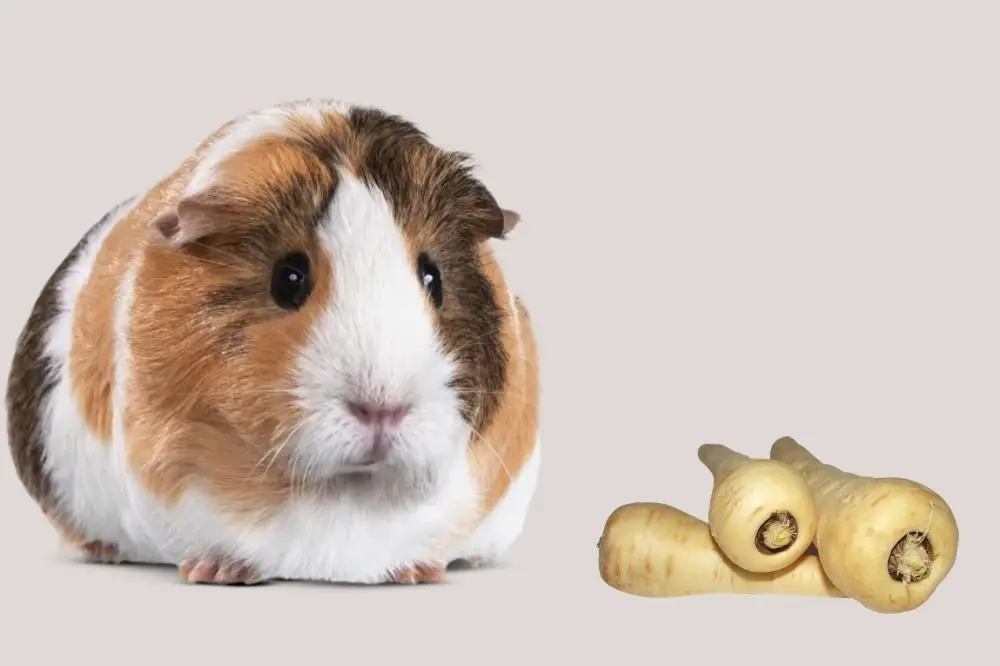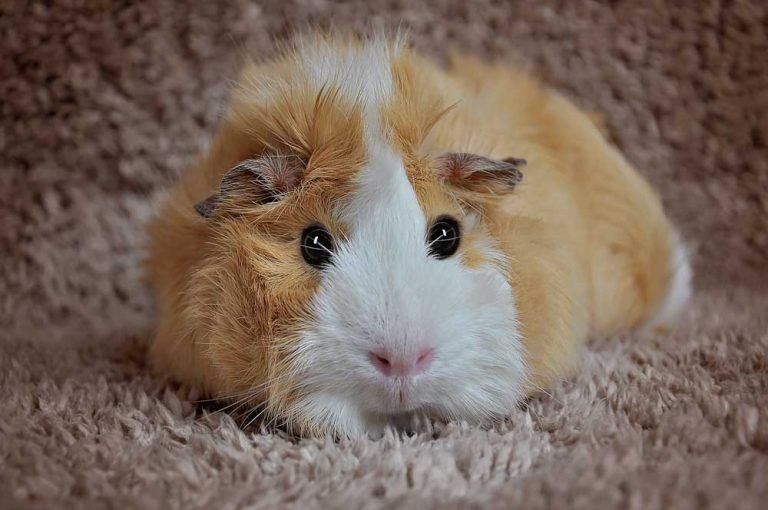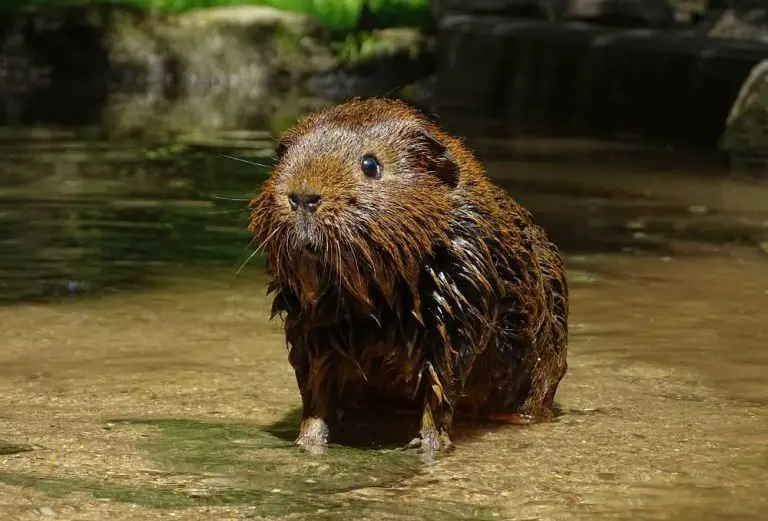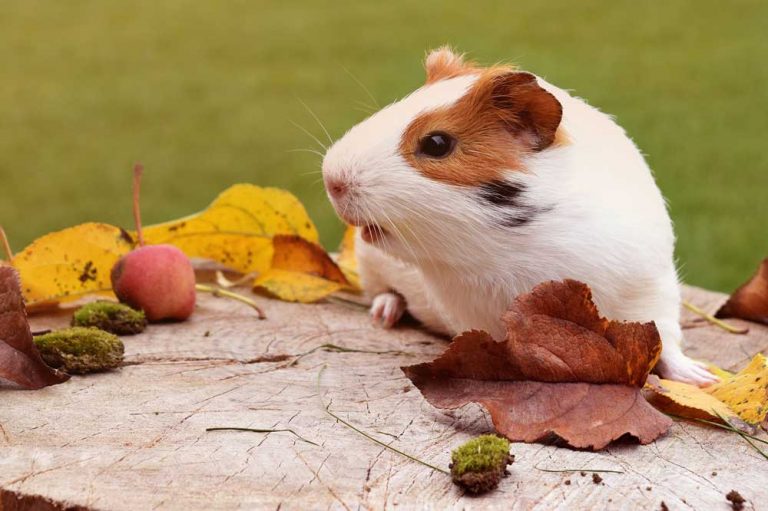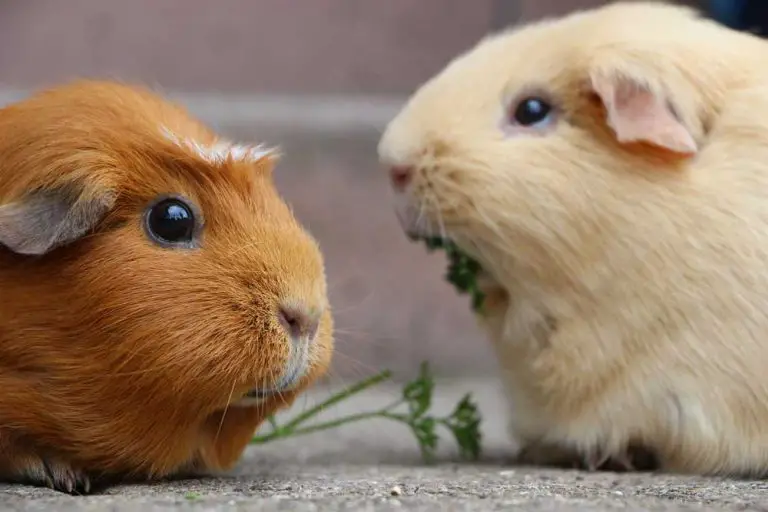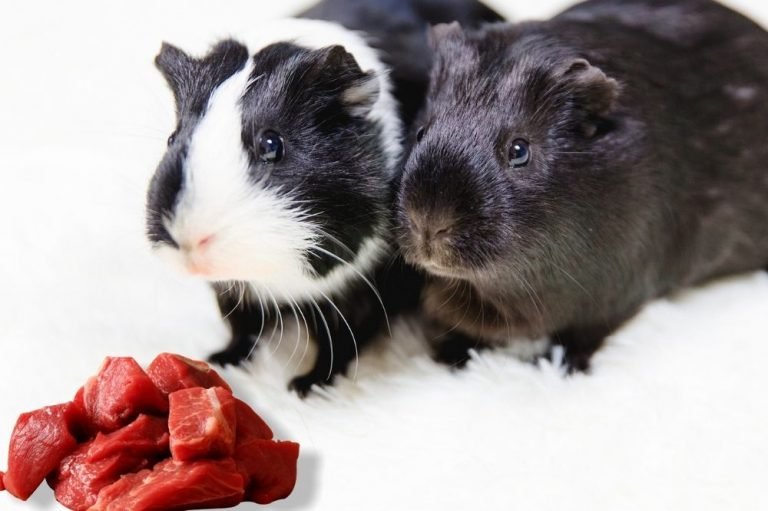Can Guinea Pigs Eat Parsnips?
Parsnips are root veggies similar to carrots and parsley. They are white in colour and longer than carrots with a stronger taste too.
Parsnips are a common kitchen ingredient that is used in a variety of recipes. They can be eaten raw, boiled, steamed, roasted, and even fried.
With guinea pigs’ dietary necessity of a daily cup of veggies, you may want to include parsnips as a meal supplement to them. Carrots are a great addition for them and being closely related, you will imagine that parsnips are safe too.
But are they? Keep reading to find out.
Can guinea pigs eat parsnips?
Guinea pigs can eat parsnips because they are a highly nutritious and healthy veggie. Parsnips are rich in dietary fiber which aids in digestion, Vitamin C that prevents scurvy, Vitamin K which helps in blood clotting, and Vitamin E that enhances their immunity.
Other nutrients in parsnips include potassium which lowers blood pressure and magnesium for strong muscles. Like all guinea pig foods though, parsnips should be fed moderately because they contain oxalates and sugar that are harmful to their health in high quantities.
Benefits of feeding parsnips to your guinea pig
Parsnips are full of good nutrients making them a wonderful addition to your pet’s diet. They have the following nutrients:
Dietary fiber
Guinea pigs have a delicate digestive system that requires a good amount of fiber to function properly. Dietary fiber in parsnips aids in the digestion processes effectively preventing stomach upsets and constipation that could lead to diarrhoea.
Dietary fiber also works in slowing down sugar breakdown and ensuring slow absorption into the bloodstream. This leads to a slow release of energy in the body which boosts your pet’s activity levels throughout the day.
Vitamin C
Guinea pigs lack the ability to create their own Vitamin C. This makes it vital to feed them foods that are rich in the vitamin so as to prevent its deficiency.
A deficiency of Vitamin C is dangerous to the extent of being fatal to guinea pigs. A lack of it brings about a condition known as scurvy that causes painful joints, lethargy, diarrhoea, a rough coat, and an inability to clot blood.
Scurvy is very common in guinea pigs and it’s one of their major causes of death. This makes it essential to ensure that your piggie is feeding on Vitamin C rich foods at any specific time.
Vitamin C also works in boosting their immunity and enabling faster healing of wounds.
Vitamin E
Vitamin E is an important vitamin that reduces the risk of diseases like cancer. It also reduces inflammations and enhances the skin condition making it look better.
Potassium
Potassium lowers the blood pressure by balancing the number of electrolytes and water content in the body. Potassium in parsnips is helpful in enhancing heart health too.
Vitamin K
Vitamin K produces a helpful constituent called prothrombin. Prothrombin works in enabling the clotting of blood in case of cuts and injuries.
Vitamin B6
Vitamin B6 ensures that your pet has healthy blood while preventing anaemia at the same time.
Magnesium
Magnesium is another important mineral in parsnips that helps in the formation of strong muscles.
Effects of feeding parsnips to guinea pigs
Though nutritious, parsnips can be harmful to guinea pig health if fed in high amounts. This is because they contain the following:
Sugar
High sugar content is harmful to guinea pigs. Sugar brings about health risks by adding on unhealthy weight to the pets.
This in turn leads to obesity which makes them unable to move well, incapable of grooming themselves as they are supposed to, and it brings health risks as they will not be strong enough to fight some diseases.
Sugar causes tooth decay and diabetes which may cause kidney complications.
Oxalates
Oxalates attract calcium leading to the formation of bladder stones. Bladder stones bring about urination problems making urinating painful and causing blood in the urine.
Do guinea pigs like parsnips?
Guinea pigs like parsnips because they have a spicy taste. Other guinea pigs though will dislike parsnips because of this same strong taste and smell.
You should offer your pet a little piece first to know if they like it or not. A good way of feeding it would be mixing it up with other veggies to reduce its strong aroma.
How to feed parsnips to guinea pigs
First, you should wash the parsnips carefully to get rid of bacteria and residues of pesticides and chemicals that could be on the skin.
Cut up the veggie into thin slices. You can offer a few slices mixed with other healthy veggies like broccoli or bell peppers to reduce their smell.
The skin is safe for them to eat so you don’t have to peel it. But depending on your pet’s preference, they can have it either peeled or unpeeled.
If it’s the first time you are feeding the veggie, give one slice, and observe your pet for the next 12 hours. If they have reactions like stomach upsets and diarrhoea, you should not give it again.
But if they don’t seem to have any problem, then it’s safe to add it to their diet. Guinea pigs require a cup of veggies every day and parsnip is a great addition.
Due to its sugar content and the number of oxalates available in the veggie, however, it should not be fed daily to avoid some health problems. Two to four times a week would be a great feeding schedule.
Conclusion
Guinea pigs can eat parsnips. Parsnips are just like carrots but with a stronger smell and taste.
Parsnips are nutritious with good amounts of Vitamin C, Vitamin K, Vitamin E, dietary fiber, potassium, magnesium, and antioxidants. These nutrients aid in digestion, enhance immunity, and prevent diseases like cancer.
The high sugar content and oxalates in the veggie can bring about health risks so it should not be offered daily.
Parsnips can be served peeled or unpeeled as their skin is safe for guinea pigs to have.

